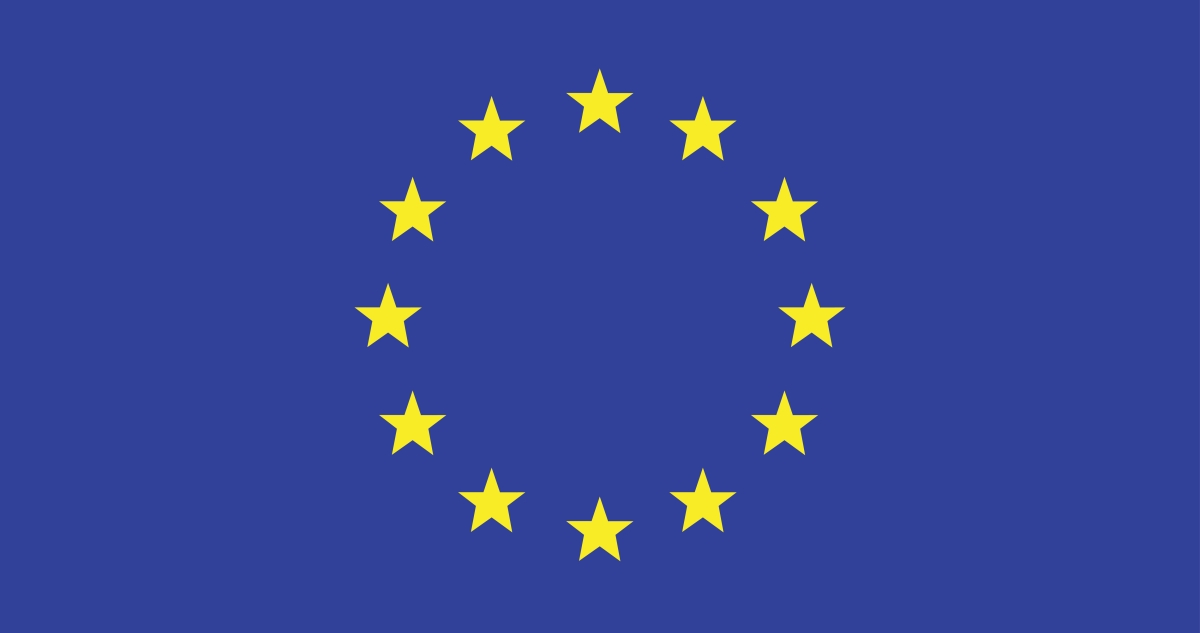Euroviews. Are tiny countries welcome at the table of industrial policy in the EU?
Euroviews. Are tiny countries welcome at the table of industrial policy in the EU?
According to Marius Stasiukaitis, it is not just about the money; it is also about what any nation, regardless of size, can contribute.Despite its comprehensiveness, the Green Industrial Plan is not a comprehensive enough industrial policy for the whole European Union.
Rather, the new policies delegate authority to each member states for the actual industrial development strategy, while setting general guidelines. Although this strategy supports the manufacturing sector in hotspots, it may seriously distort the market in ways that hurt companies as well as the plan’s “green” component.

The industrial strategy of the EU shouldn’t become a race to provide subsidies.Global rivalry for investments in strategically important areas is about to intensify.
The US passed the Chips Act and the Inflation Reduction Act last year, offering substantial subsidies to encourage investments in semiconductors and green technologies. The EU responded in February 2023 with the Green Industrial Plan, which allowed member states to match subsidies provided in other parts of the world by easing state aid regulations.
Although the goal is probably going to benefit the EU overall, it might be expensive to reduce the EU’s industrial strategy to a collection of regulations enabling member states to compete with one another for subsidies.
Although the goal is probably going to benefit the EU overall, it might be expensive to reduce the EU’s industrial strategy to a collection of regulations enabling member states to compete with one another for subsidies. Smaller economies may find this to be an especially challenging task. In the long run, this might hurt Europe’s competitiveness and derail its green transition, costing it future investment possibilities.
This may potentially jeopardize the cohesiveness agenda of the bloc.
The top economies in the EU have already shown big investors the red carpet treatment and generously backed their offer with substantial funds.For instance, according to recent media reports, the German government gave Intel €10 billion in subsidies so that it could build a €30 billion chip facility on German soil.In contrast, France declared that the EU has given it permission to provide €1.5 billion in subsidies to a €5.2 billion factory that makes batteries for electric vehicles.

These declarations coincide with growing borrowing costs for several EU nations, which may make it more difficult for them to obtain sizable additional funds for their industrial development.In the eurozone, the ratio of government deficit to GDP was 3.6% in 2022 and could rise even higher in 2023.
Relative cost is another factor to consider. The amount of Germany’s subsidy to Intel alone would have exceeded 10% of the GDP of smaller nations like Slovenia or the Baltic States.Whatever steps they decide to take to upgrade their infrastructure, a billion-dollar subsidy would probably take precedence.Under this scenario, major nations will defend their positions in the industries of the future, potentially endangering the EU’s cohesion strategy.
A change in perspective could boost EU competitiveness.

Most critically, this strategy will probably complicate and jeopardize Europe’s green transformation.Favoring larger nations with more financial resources increases the possibility of major market distortions by drawing investments away from EU regions where their long-term competitive advantages would be most advantageous.The industrial policy of the European Union has a higher chance of success if it leverages the unique advantages possessed by its member states.
This would necessitate a fundamental change in the EU’s strategy, going beyond simply loosening state aid regulations and instead putting in place an EU-wide industrial development plan and funding.This change would, however, make the EU more competitive on the international scene by leveraging the advantages of its member states, who already have a strong track record of drawing in foreign direct investment. For this reason, it is a worthy step.
A change in perspective could boost EU competitiveness.
Most critically, this strategy will probably complicate and jeopardize Europe’s green transformation.Favoring larger nations with more financial resources increases the possibility of major market distortions by drawing investments away from EU regions where their long-term competitive advantages would be most advantageous.
The industrial policy of the European Union has a higher chance of success if it leverages the unique advantages possessed by its member states.This would necessitate a fundamental change in the EU’s strategy, going beyond simply loosening state aid regulations and instead putting in place an EU-wide industrial development plan and funding.
This change would, however, make the EU more competitive on the international scene by leveraging the advantages of its member states, who already have a strong track record of drawing in foreign direct investment. For this reason, it is a worthy step.
The Baltic States and other small, developed nations have the potential to be major drivers of the EU’s green industry expansion.
Compared to the EU’s bigger economies, they have more attractive business environments, are remarkably open to foreign direct investment, have aggressive ambitions for renewable energy, and are better equipped to adjust to the needs of emerging industries.
It matters what you can offer to the table, not how big you are.
The smaller EU member states may make or break the EU’s industrial policies and green transformation. A few of these nations have already mastered flexibility and adaptation, the building blocks of the economy of the future.
For sandboxes or developing businesses with quickly advancing technology, this makes them perfect hubs.Furthermore, even though financial incentives will continue to be very appealing, they cannot take the place of the smaller European states’ adaptability, which is essential to maintaining Europe’s competitiveness.Put another way, it’s not only about the money; it’s also about what any nation, regardless of size, can provide.
M-J Global is the best visa agent in Dubai,Oman and Qatar and best immigration consultant in Oman,Dubai and Qatar.It is the most trusted immigration agency in middle east and the business migration agent in Oman,Dubai and Qatar.M-J Global is the best registered Immigration Agent in Dubai,Oman and Qater.

